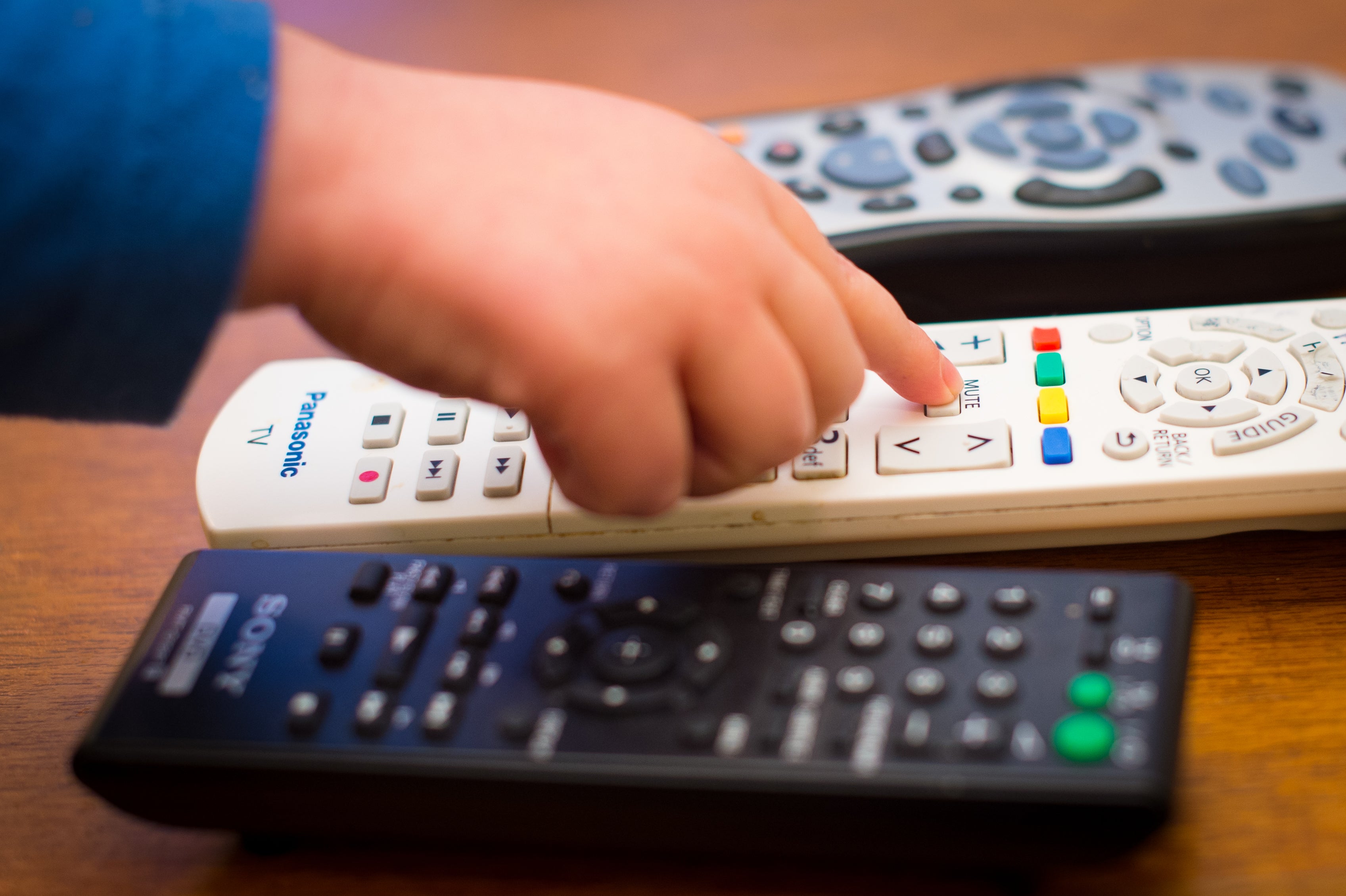Baby boys who spend longer watching TV ‘more likely to be diagnosed with autism’
The experts suggest the research supports limiting excessive screen time.

Your support helps us to tell the story
From reproductive rights to climate change to Big Tech, The Independent is on the ground when the story is developing. Whether it's investigating the financials of Elon Musk's pro-Trump PAC or producing our latest documentary, 'The A Word', which shines a light on the American women fighting for reproductive rights, we know how important it is to parse out the facts from the messaging.
At such a critical moment in US history, we need reporters on the ground. Your donation allows us to keep sending journalists to speak to both sides of the story.
The Independent is trusted by Americans across the entire political spectrum. And unlike many other quality news outlets, we choose not to lock Americans out of our reporting and analysis with paywalls. We believe quality journalism should be available to everyone, paid for by those who can afford it.
Your support makes all the difference.One-year-old boys who watched TV daily were more likely to be diagnosed with autism by the time they turned three, a new study suggests.
Researchers in Japan found that baby boys who spent up to an hour watching the screen were 38% more likely to be diagnosed with the condition than those who had no screen time.
Boys who watched TV or DVDs for between two hours to less than four hours, were almost 3.5 times more likely to be diagnosed with autism than those who watched none.
The study found boys were three times more likely to have been diagnosed with autism spectrum disorder than girls, and among girls, there was no association between the condition and screen time.
However, the reasons for the findings are unclear.
Among boys, longer screen time at one year of age was significantly associated with autism spectrum disorder at three years of age
The experts suggest the research supports limiting excessive screen time.
Writing in the journal Jama Paediatrics, the researchers said: “Among boys, longer screen time at one year of age was significantly associated with autism spectrum disorder at three years of age.
“With the rapid increase in device usage, it is necessary to review the health effects of screen time on infants and to control excessive screen time.”
Researchers from the University of Yamanashi in Japan asked the mothers of 84,000 babies how long their child spent watching TV or DVDs at the age of one.
They then followed up when the babies turned three and asked the mothers if their child had ever been diagnosed with autism spectrum disorder.
According to the study, autism was diagnosed In 330 (0.4%) of the 84,030 children included in the analysis, at three years of age .
Of these, 251 were boys and 79 were girls.
While it was not clear why no association was found with girls, the researchers suggest it may be linked to the same genetic factors that mean autism is more common in males in general.
The researchers also suggested that in addition to genetic factors, environmental factors can also play a role in autism spectrum disorder.